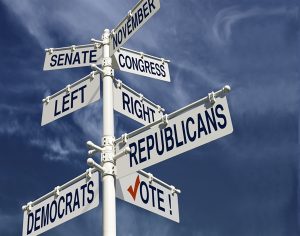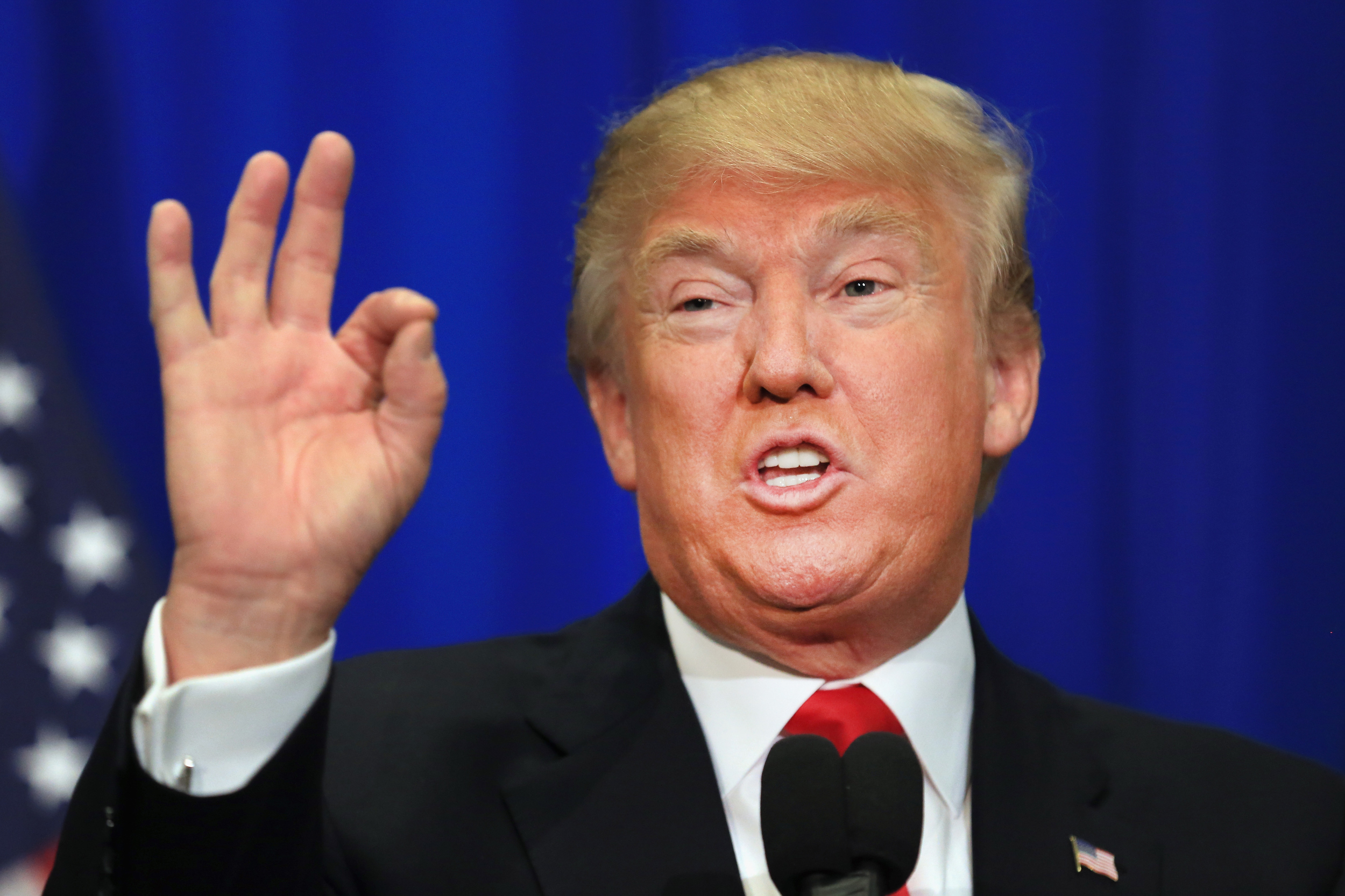By: Cody Knapp
As lawmakers fled the oppressive heat of Washington, D.C. and retreated to Real America for August recess Friday before last, television talking heads lamented legislative gridlock anew. Ostensibly giving voice to the nation’s frustration with a do-nothing Congress and a political system that rewards demagogues more than policy wonks, America’s media elite returned to an inviting, if elusive, point of discussion, calling for bipartisanship.
Bipartisanship — it’s a term replete with the positive connotations of Kumbayah and all the intellectual rigor of Rick Perry discussing the Departments of Commerce, Education, and…uhhh… “Oops.” Still, as effete and deceptive as I find the idea and all digital founts of bipartisan verbiage, no ideological pretender is more distasteful and of surpassing naïveté than bipartisanship’s burgeoning cousin, the saccharine “nonpartisanship.”
In a word, conveying a maddening post-modern sensitivity and moral superiority, nonpartisanship threatens to replace our civic traditions of passionate debate and principled opposition with the political analog of “colorblindness.”
Nonpartisan advocates would have us buck the 21st century’s polarized zeitgeist and deny our differences in the pursuit of some vague societal reconciliation. At every turn, groups like No Labels erroneously portray legitimate policy debates as mere quibbles over semantics. To channel Harold Rosenberg, the nonpartisans would have us all form a new “herd of independent minds.” The paradise this fresh mob seeks, however, is none too desirable.
In the place of disagreement and division, No Labels and its ilk propose to stage photo-ops of Republicans and Democrats embracing on the Capitol steps. They prize verbal affirmation of their reform agenda, preferring digital pictures to policy proposals.
It’s a campaign platform that’s sure to elicit wide smiles and that thrilling feeling of intestinal warmth. What a trivial sacrifice, then, if we must leave unresolved the great debates of our time. How important could discussions of privacy vs. security, equality of opportunity vs. equality of outcome, and protectionism vs. globalization be?
The truth is, politics is a game for the Koches and the Soroses, the Clintons and the Bushes to play. As the pawns in their game, it’s our challenge, both Democrat and Republican, to make the players play in such a way that we receive some tangible benefit – trickle-down political chess, if you will.
What is it, after all, to any of UGA’s thousands of students if President Obama takes Senator Isakson out to lunch every week? Do their empty promises to transcend partisanship inside The Beltway have any concrete impact? If their result is higher federal student loan rates and the ostracism of “extreme” voices, like that of newly-minted Senator Warren of Massachusetts…well, then that’s 0-1 against the pawns.
This brings me to my opening salvo of the semester, targeted right at the politically-conscious students setting out for their freshmen classes for the first time: DON’T FALL FOR THE EMPTY PROMISE!
When you inevitably find yourself in the Myers 3 South lounge or the Russell Hall lobby, embroiled in a late-night argument over some sensitive topic, don’t succumb to the impulse to undercut your own case or to claim some amorphous independent or nonpartisan ground. Liberal or conservative, socialist or libertarian, you will only hone your beliefs by holding them to a friendly yet intense flame – diffusing the heat serves no serious purpose.
Allow your friendships to blossom irrespective of ideology and affiliation, knowing that just as Ginsburg’s personal affection for Scalia has failed to temper their intellectual feuds, your own cross-aisle attachments will not lead everyone to some perfect middle ground where partisan differences cease and political labels fall away.
And that’s a good thing. After all, how boring would the world be if the nonpartisan’s gospel of witless mass opinion and fuzzy feelings became universal?
Back in 2009, Ezra Klein called for the abolition of bipartisanship from our political vocabulary, arguing that the illusion had become too powerful and was leading to a gruesome distortion of American politics. As students at the University of Georgia, let’s do nonpartisanship one better – let’s kill it while it’s still in the crib.

